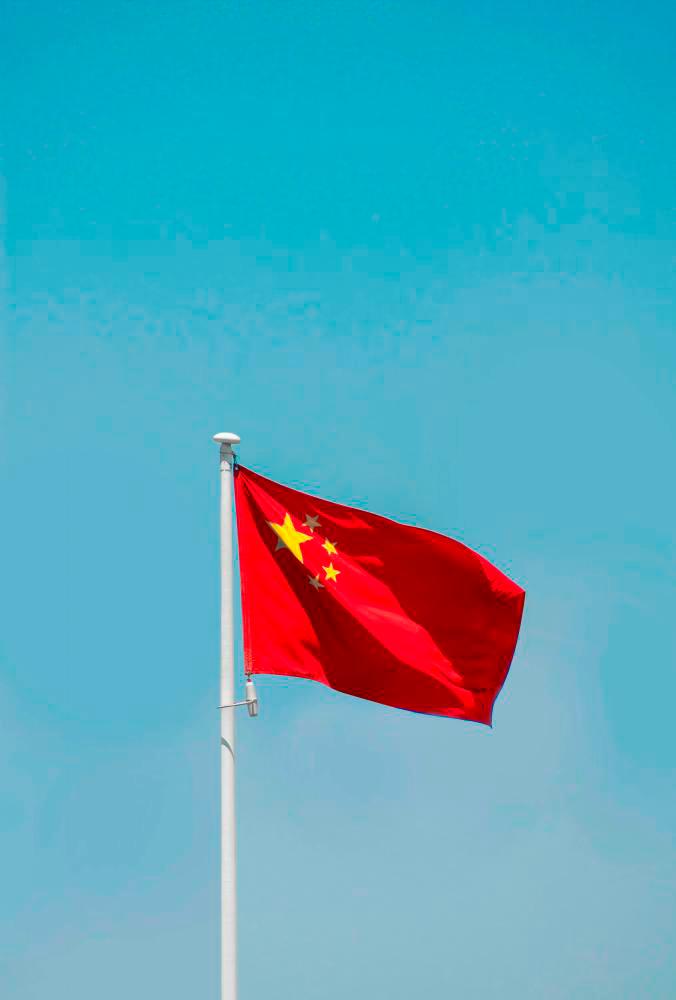“THIS ‘climate change’, it’s the greatest con job ever perpetrated on the world, in my opinion.” – US President Donald Trump’s speech at the United Nations General Assembly on Sept 23.
Western commentators often point to what they claim to be the key, if not foundational, role that Western nations have played in setting up a new green-based world order. This is because the post-WWII international system has been dominated by institutions like the UN, World Bank and IMF, which were largely designed by Western powers.
Although not initially “green”, these institutions have been the main vehicles through which global environmental and climate governance has developed.
It is also indisputable that the West is primarily responsible for the environmental and climate change challenges found in the world.
The development and dominance of the West was built on systems of exploitation of natural resources and raw materials following the advent of the Industrial Revolution in the mid-19th century. This, in turn, ushered in the new era of colonialism, which exploited the land, natural resources and labour of the South in Asia, Africa and Latin America.
Today, we have to deal with the aftermath of this continuing epoch of resource exploitation and environmental degradation, and its impact on ecosystems and human society.
These repercussions manifest as habitat destruction and air and water pollution while their global reach can be seen in climate change effects, including the rise in sea levels, the retreat of glaciers and ice caps, and increased natural disasters.
The West’s progress and prosperity, built on carbon-intensive development and the unprecedented enhanced exploitation of other countries, means that they have a moral and historical obligation to lead the transition to a green order. But there is also no dispute that the transition to a truly “green world order” has to be a global collective effort that requires the full commitment of all nations, including the emerging economic powers.
West rebuffs China’s green technology
Among global South countries considered pivotal to the emerging green world order, China stands out due to its status as the world’s second-largest economy by nominal GDP and the largest by purchasing power parity – making it a key player in industry, trade and innovation.
It is undeniable that China is both a major contributor to global warming and a global leader in manufacturing and deploying green technologies such as solar panels, wind turbines and electric vehicles.
However, its positive contributions continue to be framed negatively or downplayed in the Western media and political discourse.
These are the geopolitical reasons why China’s green technology contribution is not highlighted and appreciated:
Strategic competition and rivalry: The overarching context is the US-China strategic competition, where technology leadership is viewed not only as an economic priority but also as a vital national security interest.
Zero-sum game perception: The West, led by the US, often views technological dominance as a zero-sum game. If China leads in green tech, it means the West is falling behind. Acknowledging China’s success is seen as conceding a critical strategic advantage in the industry of the future.
Control over supply chains: Green technology is essential for energy independence. Relying on China for solar panels, batteries and critical minerals is seen as a vulnerability. Highlighting China’s dominance underscores this dependency, which is a politically defeatist narrative for Western policymakers.
National security threat: Chinese technology, particularly from companies like Huawei and DJI, is often labelled a security risk. This attempt to securitise technology taints the entire sector, making it difficult to separate legitimate security concerns from competitive economic advantages.
‘Overcapacity’ narrative: The US and EU have accused China of creating “overcapacity” in green tech, arguing that massive state subsidies lead to overproduction. They claim this floods global markets with cheap products, unfairly undermining and bankrupting Western companies. This framing paints China not as a contributor but as a market disruptor, even though state policies that support industries have been pioneered by the West and continue to be ongoing.
China as alternative to Western model
What is also evident in the new green world order is that China’s success challenges the Western ideological model.
State capitalism vs free markets: China’s model, which involves significant state planning, subsidies and support for national champions, is viewed as antithetical to the Western ideal of free-market competition, though the latter is only practised in rhetoric. Acknowledging that this model can produce world-leading, innovative technology would legitimise it, which is ideologically unpalatable to many Western leaders.
The ‘China threat’ narrative: For decades, a powerful narrative has portrayed China as an authoritarian, and now existential threat. It is cognitively dissonant to simultaneously portray a country as a threat and a positive contributor to a global public good like climate change. The “threat” narrative is so deeply entrenched that it erases the “contributor” narrative.
Control of global media, narrative platforms
The institutions that shape global public opinion are largely Western-dominated.
Agenda-setting by Western media: Major global news agencies, newspapers and broadcasters are based in the West. Their reporting reflects Western perspectives, priorities and geopolitical bias. Stories about China’s green tech are often framed through the lens of job losses in the West, alleged intellectual property theft or overcapacity, rather than its net positive impact on climate change and global decarbonisation.
Think-tanks and academia: While not monolithic, influential think-tanks in Washington D.C., Brussels and elsewhere are often funded by and focused on Western interests. Their reports and policy briefs emphasise the challenges and threats posed by China’s rise, which filters into media and political discourse.
Conclusion
The under-highlighting of China’s green technology contribution is not an oversight; it is an outcome of the current geopolitical landscape as defined by the West.
It is a classic case where objective facts (China’s massive production and deployment of green tech) are filtered through a powerful subjective lens of strategic competition, ideological difference and narrative control.
For the West, acknowledging China’s achievements in this critical field would mean conceding to a rival’s superior strategy, legitimising a different governance model and admitting a loss of technological leadership.
All of these are politically unacceptable. Hence, the narrative focuses on the threat posed by China’s green tech dominance rather than its contribution to the global struggle to ensure a more sustainable world through a new green world order.
Lim Teck Ghee’s Another Take is aimed at demystifying social orthodoxy.
Comments: letters@thesundaily.com










